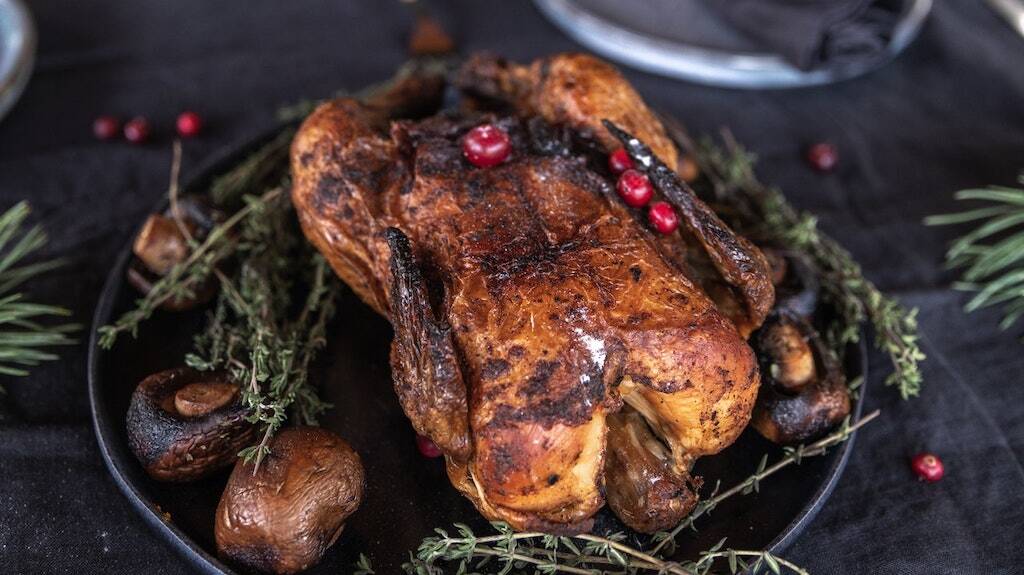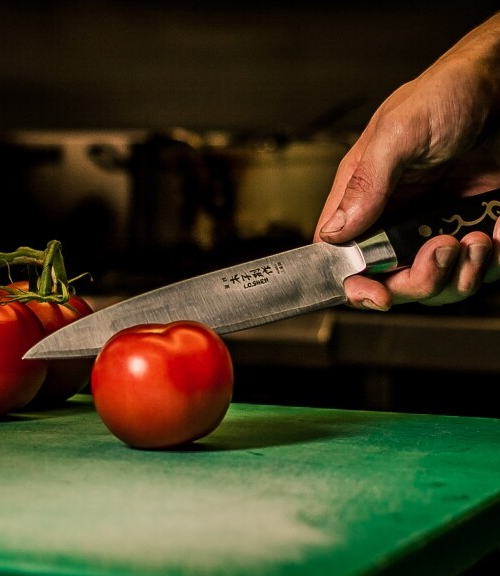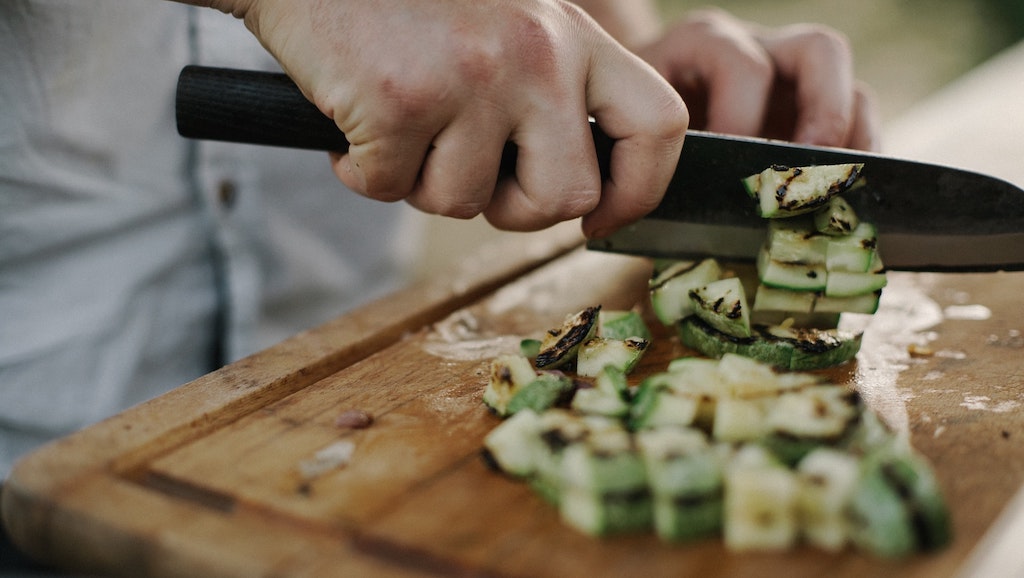Are you still eating leftovers from the Christmas food binge? The current thinking of health professionals is that any leftovers should be eaten within 3-4 days, or the risk of ‘foodborne illness’ (aka food poisoning) goes up considerably.
What’s a little alarming about eating leftovers is that the conventional ‘sniff test’ is not always that reliable – bacteria in contaminated food can often have no effect at all on the way food looks, smells or tastes.
This presents a bit of a quandary for anyone that hates waste, which is understandable given current statistics showing that in Australia one in five bags of food shopping end up in the bin – the equivalent of around $3,800 per year wasted on food never eaten*.
So, here are a few guidelines culled from various (reputable) internet pages. Foods are categorised as low, medium or high risk of going off and the following assumes that all food is stored in a fridge operating at the right temperature.
Any leftovers which contain a mix of these food types should be considered to be in the highest risk food category.
And finally – these rules don’t apply to pregnant women or people with a compromised immune system, who should consume all leftovers within 24 hours.
High risk foods
- Cooked rice – allow rice to cool for max 1 hour before putting in fridge and eat within 3 days
- Meat – minced meat – eat within 1-2 days; other meat – eat within 3-4 days; deli meat – eat within 3-5 days
- Fish/shellfish – eat within 3 days
- Eggs – hardboiled eggs in fridge eat within 7 days
- Soups/stews – eat within 3-4 days
Medium risk foods
- Cooked pasta/grains – eat within 3 days (or freeze, in which case shelf life is ~3 months)
- Puddings/desserts – eat within 3-4 days
Low risk foods
- Fruit/veg raw – eat within 3-5 days; cooked – eat within 3-7 days; tinned vegetables eat within 3-5 days once opened (tinned food lasts a long time – two or more years)
- Bread – shop bought bread should be eaten within 5-7 days, unless you spot mould, in which case throw out the entire loaf immediately; keeping bread in the fridge extends its life by 3-5 days
What about fruit?
The one exception to refrigeration is fruit, which includes tomatoes. Fruit often tastes better if it’s kept at room temperature, plus it’ll ripen more quickly (if that’s what you want).
However (would you believe it?), there are also better ways of storing your fruit than just chucking it all in a fruit bowl together – it’s all about making sure all your different fruit doesn’t go off too quickly. The enemy here is a substance called ethylene which most fruit gives off (in ever increasing quantities) as it ripens. That’s why a bad apple for example will make other fruit near it go off more quickly.
The best way to minimise this effect is to store ‘high emitters’ of ethylene on their own. These high emitters include…
- Apples
- Avocados
- Bananas (especially ripe ones)
- Melon (watermelons are OK though)
- Mangoes
- Nectarines
- Pears
- Peaches
- Plums
- Tomatoes
All other fruit types are OK to store together with each other, but not with the high emitters. There are three types of fruit that are immune to the ethylene threat and so can be stored with any other fruit. These are…
- Berries
- Citrus fruit
- Pineapples
And finally… fruit is really the bad boy in the ethylene stakes, not vegetables. In fact vegetables emit lower amounts of ethylene in general (apart from a few like cabbage, eggplant, lettuce, mushrooms, onions, squash), but they can be equally as affected by the ethylene as other fruit.
We all know that spaghetti, chilli, pizza and curry taste better second time around, but it sounds like third time around might be stretching it a bit.
*https://www.foodbank.org.au/food-waste-facts-in-australia/?state=qld
More Info
https://www.abc.net.au/everyday/how-long-can-you-safely-store-meals-meat-dairy-vegetables-fruit/12196226
https://www.healthline.com/nutrition/how-long-are-leftovers-good-for
https://www.tasteofhome.com/article/how-long-will-leftovers-keep/
https://www.mayoclinic.org/healthy-lifestyle/nutrition-and-healthy-eating/expert-answers/food-safety/faq-20058500
https://foodsafety.asn.au/leftovers/
https://www.insider.com/what-foods-you-shouldnt-store-next-to-each-other-2016-8








